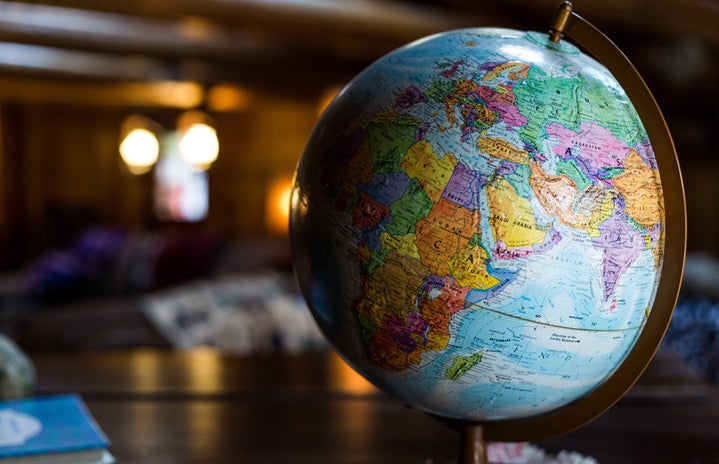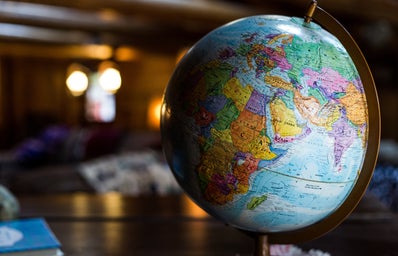North Korea is a dictatorship, one-party state in East Asia, known as one of the world’s most repressive countries. It is bordered by China, Russia and South Korea, and led by the supreme leader, Kim Jong-un, who chooses to self-isolate North Korea which additionally elevates the secrecy of the nation.
On Oct. 19, North Korea fired 100 artillery shells off their west coast, which does not include the numerous weapons tests that were conducted by North Korea throughout the past year. Escalating tensions over North Korean testing continue, especially in South Korea which shares its southern border.
Although the Korean War ended in 1953, a peace treaty was never signed. As such, a demilitarized zone (DMZ) was established as a buffer between the communist North and capitalist South which is still maintained almost 70 years later as the world’s most heavily fortified border and serves as a reminder that North and South Korea are technically still at war.
Supreme leader Kim Jong-un keeps his stance that the missiles were not meant as a threat, but simply regularly scheduled defense exercises. President Yoon Suk-yeol of South Korea is firm in his stance that the actions of “missile testing” displayed by North Korea is a threat and an imminent message to South Korea.
What does this mean for South Korea?
The current president, Yoon Suk-yeol, will have to investigate new options as far as South Korean security. Is nuclear proliferation worth the risk for South Korea to protect its sovereign country and citizens from North Korea? If South Korea does decide this is the best option, is that option greater than having the US, a NATO ally, by South Korea’s side? Would nuclear proliferation in South Korea even dissuade North Korea’s artillery shell testing and threats, or would opening the door of nuclear weapons create a hole of debt for South Korea? Is the United States’ power strong enough to deter any attack brought on by the North Korean army, and if not, will the United States intervene in an event of war?
How does this affect the United States?
Experts are speculating that North Korea may be planning to use their nuclear arsenal to win U.S. recognition of North Korea as a legitimate nuclear state. Kim Jong-un may see an opportunity to rid North Korea of the crippling United Nations sanctions in gaining such a recognition from the US. This in turn will improve the status of North Korea on the international scale and boost their economy.
Neither North Korea nor South Korea is part of The North Atlantic Treaty Organization (NATO); however, this does not absolve the United States from all conflicts surrounding the region. In 1953, at the conclusion of the Korean War, the United States and the Republic of Korea signed a Mutual Defense Treaty, the foundation of a comprehensive alliance that endures today. Does this mean a possibility of war for the United States, or will the United States simply turn its back? There are a lot of questions surrounding the Korean states, it may simply be a matter of waiting.
Want to see more HCFSU? Be sure to like us on Facebook and follow us on Instagram, Twitter, TikTok, YouTube and Pinterest!


